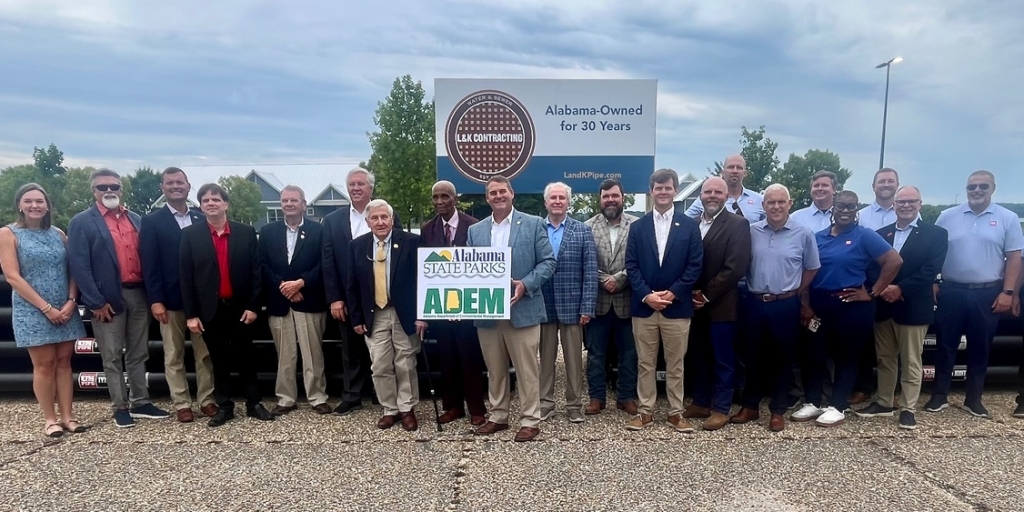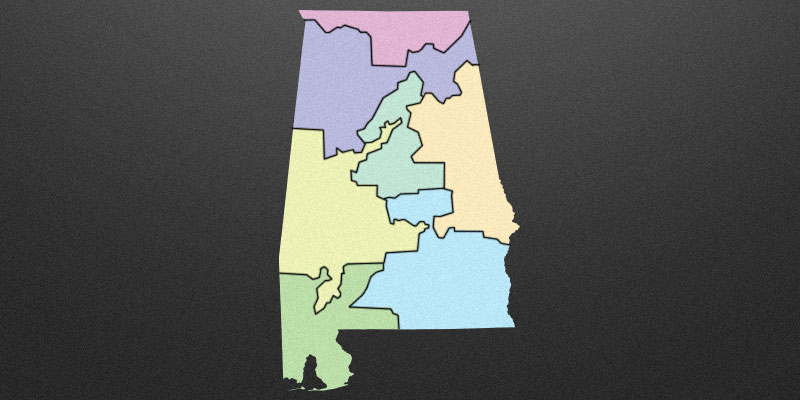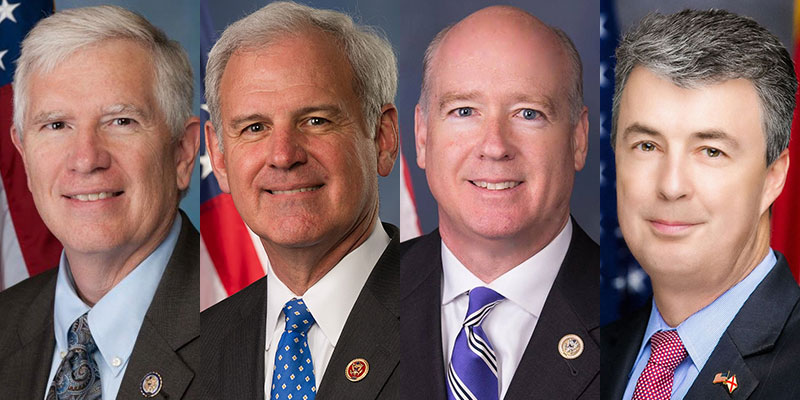Two of Alabama’s most prominent elected officials are suing the United States Census Bureau. They allege the bureau’s ongoing delay in providing results from the 2020 Census is illegal, as is, they argue, the bureau’s new method of manipulating its granular data.
Alabama Attorney General Steve Marshall and U.S. Rep. Robert Aderholt (R-Haleyville) have partnered on the legal effort.
At the heart of the two officials’ suit is the Census Bureau’s use of a statistical manipulation method called “differential privacy,” a new way of skewing demographic data at the neighborhood level. The bureau claims the method is necessary to protect individuals’ privacy.
The other portion of the suit concerns the agency’s delay in providing the results of last year’s census. The bureau has already said it will miss the March 31 deadline for reporting the data, a delay Marshall and Aderholt assert is illegal.
“The 2020 Census data has been illegally delayed and this practice of differential privacy seems to be playing a role,” said Aderholt in a release on Wednesday.
Marshall chastised the bureau in a statement for its tardiness in providing the data as required by law, adding that “it appears part of the reason for the delay is the Bureau’s attempt to use a novel confidential algorithm to manipulate the counts.”
“I am gravely concerned over the chaos the Census Bureau’s action will impose on Alabama’s proper drawing of congressional districts in time for the 2022 elections,” noted Marshall.
The Census Bureau’s current promise to have the data ready in September would make the numbers available months after the state legislature, which in Alabama holds the authority to draw district lines, has adjourned its regular session. The delay could require the governor to call a special session to deal with the issue late this year or early in 2022.
In addition to informing where lines are drawn for legislative districts and determining federal funding, census data is used for countless other tasks and is incorporated into hundreds of municipal decisions and funding formulas for government grants.
Congress mandates that the Census Bureau keep information that may identify an individual private for 72 years, and as such, the bureau has manipulated data at the census tract level for decades.
According to the National Conference of State Legislatures (NCSL), after the previous two census years in 2000 and 2010, the bureau employed a method called “data swapping” to deal with privacy concerns.
As noted by the NCSL, “There is no evidence that confidentiality has been compromised so far.”
However, the Census Bureau, which is part of the Department of Commerce, claims modern technology has “rendered the Census Bureau’s traditional confidentiality protection methods obsolete.” It announced its plan to use differential privacy in 2018.
“Whatever the Bureau’s motives, this bureaucratic experiment will force Alabama and other states to redistrict with intentionally flawed data,” Marshall commented on Wednesday.
“Differential privacy applies a statistical algorithm to the census data that scrambles the data to minimize the chances of identifying any individual person. However, the problem is that when the data gets scrambled, it also becomes inaccurate and useless,” argued Aderholt.
Aderholt represents an expansive district that encompasses much of the state’s rural north-central area between Birmingham and the Tennessee River.
He claims that “rural areas will be affected the most,” by the implementation of differential privacy, “because the smaller the population of an area the more the data will be skewed in order to ensure privacy according to this policy.”
The congressman’s complaints echo those voiced by the National Congress of American Indians, which stated in a researched report that the “implementation of differential privacy could introduce substantial amounts of noise into statistics for small populations living in remote areas, potentially diminishing the quality of statistics about tribal nations.”
“The bureau’s practice of ‘differential privacy’ is just that, guess work,” Aderholt summarized.
Henry Thornton is a staff writer for Yellowhammer News. You can contact him by email: [email protected] or on Twitter @HenryThornton95.












